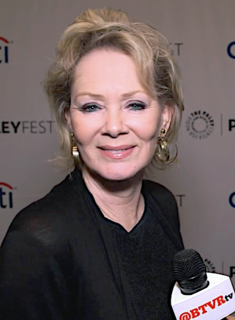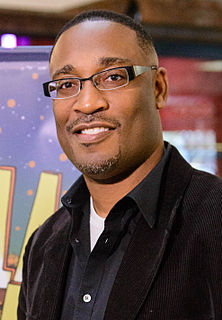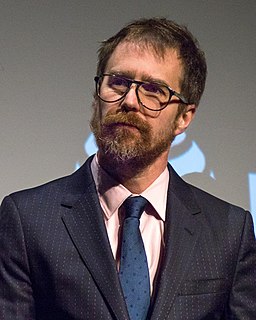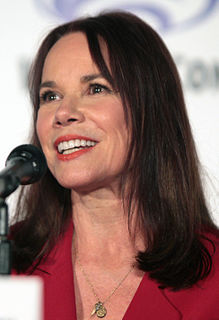A Quote by Mike Leigh
When I was young I used to sit in the cinema thinking wouldn't it be great if you could have a film in which the characters were like real people instead of being like actors.
Related Quotes
I did sit in cinemas as a kid looking at English and American movies thinking, "Wouldn't it be great if the characters were like real people?" And the worst thing is films are constantly advertising themselves, drawing attention to their style of things. But actually I make films that I think are extremely sophisticated and cinematic. But you don't want the audience thinking about the bloody film. You want them to think about what's going on, and believe in it. Be flies on the wall, you know?
I would make a huge distinction between theater improvisation and film improvisation. There isn't much improvisation in film - there's virtually none. The people that theoretically could be good at this in a theater situation don't necessarily do this in a film in a way that will work, because it's much broader on a stage. But in a movie, it has to be real, and the characters have to look entirely real because it's being done as a faux documentary, so there are even fewer actors that can do that on film.
There's a lot of great writing, and characters, and stories being told in television nowadays. And much more than there used to be. The opportunities to tell stories, because of the opportunities to show content. And so it's drawing actors from cinema, movie actors, actors to where there's a lot of opportunities to where you can tell stories.
I think the superhero platform gives the female character, you know, a relate-ability for the male audience as well. So, I think that's why people are kinda gravitating towards female super hero characters, and also female characters in general as big parts of the film. So, that's great for us, female actors who want to do roles like that, which is really great.
Usually when you're playing with other people in not such a reverberant room, you have to be quick on your feet and think about stuff really quickly. But inside the cistern, it was almost like I was at home on my computer arranging and taking time thinking about the next step, the next note. Instead, the room was my collaborator. I could hear the note and sit there and think. I could be arranging as I was going in real time, which was fascinating.
Obviously, once you're finished, you're like, "Okay, I have to make this a movie now, and I need people - bodies to play these parts, and actors to bring this thing beyond a script." But when I was writing it, I wasn't thinking of actors; I was really thinking about creating three-dimensional characters.
Television is a completely different industry now. It's just extraordinary. It's so wonderful, because there's more interesting product. It attracts the best writers and directors. And one thing that's really interesting about it is that it used to be, if you were on a big network show, like it or not, you were a household face and name. And believe it or not, not all actors like that. That's not their goal. They just like being actors. And there are so many actors that are on hit shows that I have never seen, I've never heard.
I just felt like, you know, I read a lot of scripts out in L.A., out here in the industry and I just felt like this film was just being genuine. I just felt like it had really great characters. And all the three different characters have completely different stories and they're all kind of intertwined together thematically. So I just thought it had great characters, great themes
Sickle cell anemia made me a real angry kid. I was angry at God. I used to sit there and pray to God, please, take this pain away. It was nothing magical happening, there was nothing there. I felt like my prayers were not being answered. It made me real moody, I had an attitude problem growing up as a young child.
Some people do stage and film. Some people are film actors, and some people are stage actors. I'm quite sure that any of the actors who did the original production of 'August' could have done the film of 'August.' I don't think any of them were particularly surprised when they didn't wind up doing the film.




































